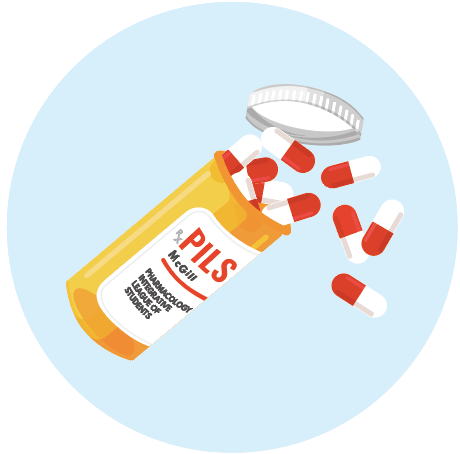Not finding what you’re looking for? Don’t agree with our pros or cons? Help us make this courseguide stronger by submitting YOUR course feedback HERE!
Please note that course information reflects the 2019-2020 (in-person) school year and COVID-19 has likely affected these curricula.
[wptb id=568][wptb id=625]